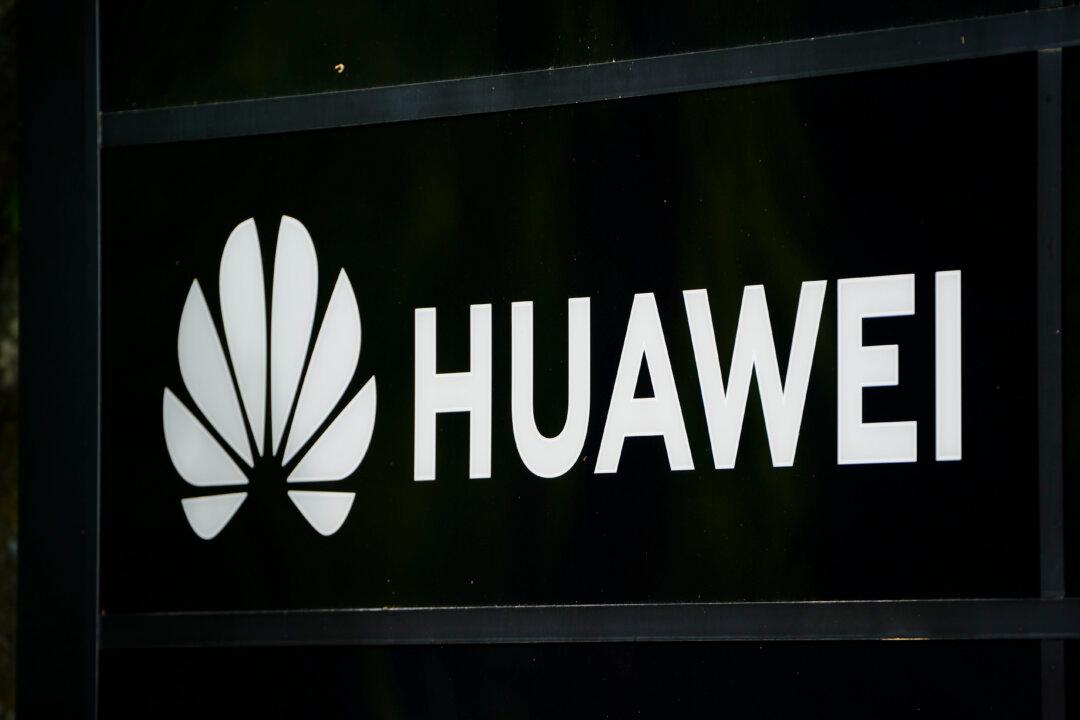University researchers are continuing to work with China’s Huawei despite a federal ban on the use of the firm’s equipment in Canada’s 5G network being issued last May on security grounds, a parliamentary committee heard.
In a hearing on March 21 to study the impact of commercializing Canada’s intellectual property, the Standing Committee on Science and Research learned that university researchers are still working with the Chinese technology giant “in any form.”





